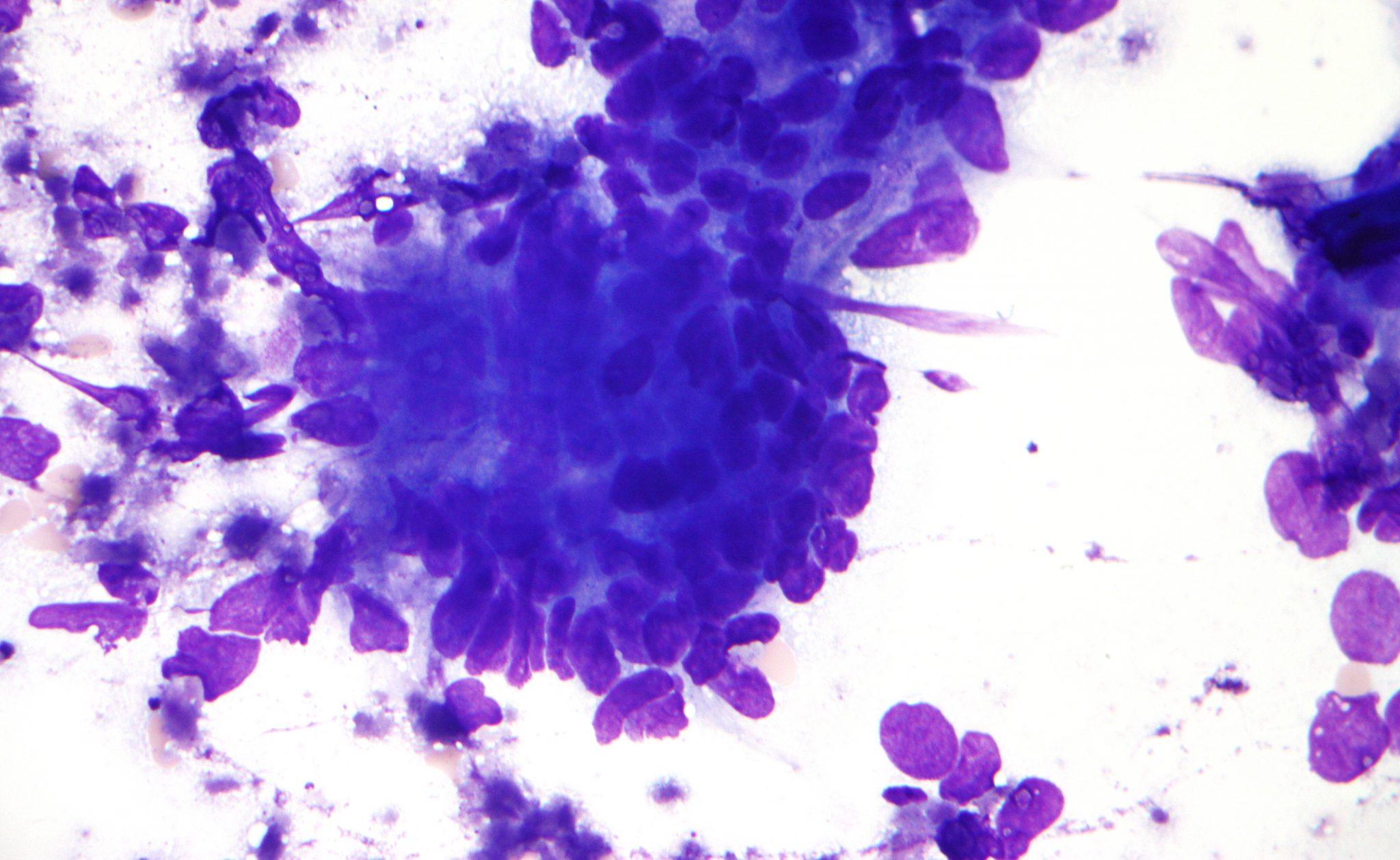9/11 colon cancer is one of the most common cancers among individuals exposed to 9/11 toxins. In fact, 9/11 colon cancer is a Top 10 Cancer certified by the World Trade Center Health Program. 9/11 colon cancer is related to 9/11 rectal cancer, and generally examined together in medical literature. The following article will explain some general information about 9/11 colon cancer and 9/11 rectal cancer as it applies to victims of 9/11 toxins exposure.
9/11 colon cancer and 9/11 rectal cancer, often called colorectal cancer, are both cancers that start in either the colon or the rectum. Colorectal cancer is predicted to be the fourth most commonly diagnosed form of cancer in 2018. The National Cancer Institute estimates that over 140,000 men and women will be diagnosed with colorectal cancer this year. The National Institute of Occupational Safety and Health estimates that individuals exposed to 9/11 toxins will develop 9/11 cancer at a rate 20% higher than the general population (this includes 9/11 colon cancer and 9/11 rectal cancer).
Colon cancer generally starts as a growth on the inner lining of the colon. These growths are known as polyps. Typically, these polyps begin as noncancerous (benign). However, depending on the type of polyp, they can become cancerous over time while showing few to no symptoms. If cancer does form in a polyp, it can grow into the wall, the innermost layer of the colon. If not treated, the cancerous polyp can continue to grow through the innermost layer and continue into the outer layers.
Rectal cancer forms in the last six inches of the large intestine, in an area called the rectum. Rectal cancer is often contained within the rectum. However, if and when it becomes advanced, rectal cancer can spread to other organs, including the liver and lungs.
According to the American Cancer Society website, “screening is the process of looking for cancer or pre-cancer in people who have no symptoms of the disease.” An important tool against colorectal cancer is regular screening. The September 11th attacks on the World Trade Center covered Lower Manhattan in toxic smoke, dust, and debris for many months. The attacks included the release of known and suspected carcinogens into the environment causing concern that exposure may have resulted in an increased risk of cancer for both responders and survivors. Since both colon and rectal cancer are one of the top 15 certified cancers, it is essential that the estimated 500,000 people exposed to World Trade Center toxins have themselves screened regularly.
Some forms of 9/11 colon cancer and 9/11 rectal cancer can have relatively extended periods of latency, which is the time between exposure to a cancer-causing substance and the initial signs of cancer. The World Trade Center Health Program has established minimum latency periods for 9/11 colon cancer and 9/11 rectal cancer (i.e. the time that must have elapsed between exposure and diagnosis in order for the cancer to be deemed 9/11-related). However, there is no maximum latency period. Therefore, World Trade Center responders and survivors must continue to remain vigilant about their health and be aware of the services are available to them through the World Trade Center Health Program.
Responders and survivors who were in Lower Manhattan between 9/11/01 and 5/30/02, and have since developed 9/11 colon cancer or 9/11 rectum cancer, may be eligible for free medical treatment and medication through the World Trade Center Health Program and compensation through the 9/11 Victim Compensation Fund.
Contact the 9/11 Attorneys at Pitta & Baione LLP for more information regarding health and compensation benefits for 9/11 colon cancer and 9/11 rectal cancer under the James Zadroga 9/11 Health and Compensation Act.
Co-author: Benjamin Ackert
Sources:
https://www.cdc.gov/cancer/colorectal/basic_info/risk_factors.htm
https://seer.cancer.gov/statfacts/html/colorect.html#
https://jamanetwork.com/journals/jama/fullarticle/1486831
https://www.ewg.org/enviroblog/2015/09/twisted-fate-911-heroes-and-deadly-dust#.WzLRINIzqUm
https://www.cancer.org/cancer/colon-rectal-cancer/about/what-is-colorectal-cancer.html
https://www.mayoclinic.org/diseases-conditions/colon-cancer/symptoms-causes/syc-20353669



